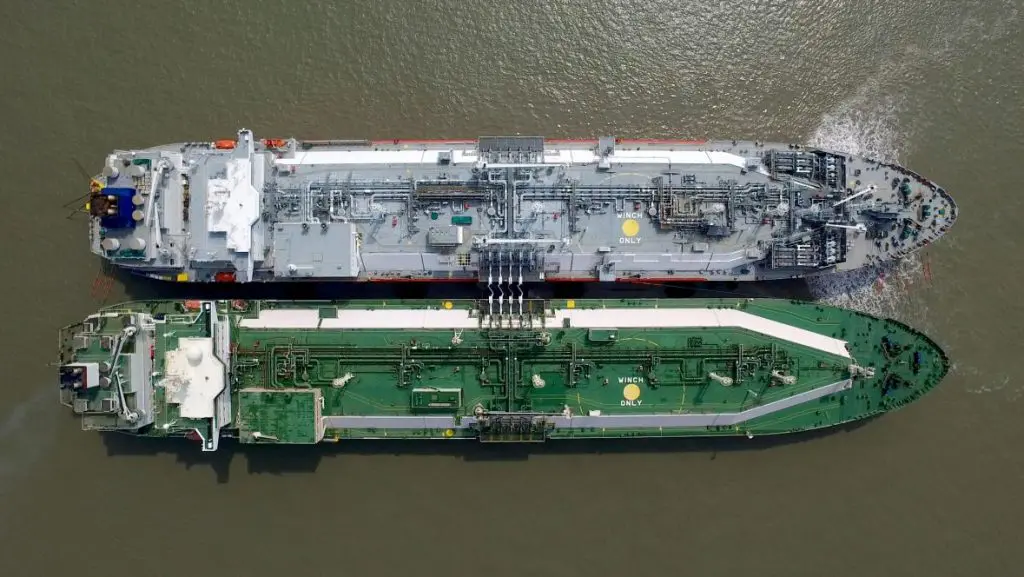This story requires a subscription
This includes a single user license.
Washington-based World Bank said in a statement on Wednesday that its board of executive directors has approved two projects totaling $640 million to help Bangladesh improve gas supply and air quality.
According to the statement, the energy sector security enhancement project, worth $350 million, will “help improve gas supply security by facilitating access to cost-effective financing for Petrobangla, the state-owned oil and gas company.”
The World Bank said the project will utilize an IDA guarantee to mobilize up to $2.1 billion in private capital over seven years for new LNG imports.
“The backing of an IDA guarantee will improve Petrobangla’s creditworthiness to secure LNG supplies,” it said.
The World Bank noted that imported LNG accounts for over one-fourth of total gas consumption in Bangladesh.
About 42 percent of total gas consumption is in the power sector.
Hence, gas supply shortages disrupt electricity generation, negatively impacting the economy.
“This project will provide payment security and working capital solutions to facilitate LNG imports under long-term contract and thereby reduce dependency on expensive spot market gas imports,” it said.
Bangladesh LNG imports
Bangladesh’s Rupantarita Prakritik Gas (RPGCL), a unit of Petrobangla, has released a large number of tenders this year, inviting firms to submit bids for spot LNG cargoes.
Most recently, RPGCL issued a tender for two spot LNG shipments with delivery in July.
Bangladesh currently imports LNG via two FSRU-based facilities, both of which feature Excelerate Energy’s FSRUs.
The 138,000-cbm FSRU Excellence serves Bangladesh’s first LNG import facility, Moheshkhali Floating LNG or MLNG, operated by Petrobangla.
Excelerate’s 138,000-cbm FSRU Summit LNG serves as the second LNG import facility operated by Summit.
According to GIIGNL data, Bangladesh recorded a 0.5 MT growth and imported 5.7 MT of LNG in 2024, a rise of 9 percent compared to 2023
Qatar is the main LNG supplier to Bangladesh with a 72 percent share.
Last year, Bangladesh also increased its spot LNG purchases from the US (0.6 MT)
with the share going from 8 percent to 13 percent, the data shows.

